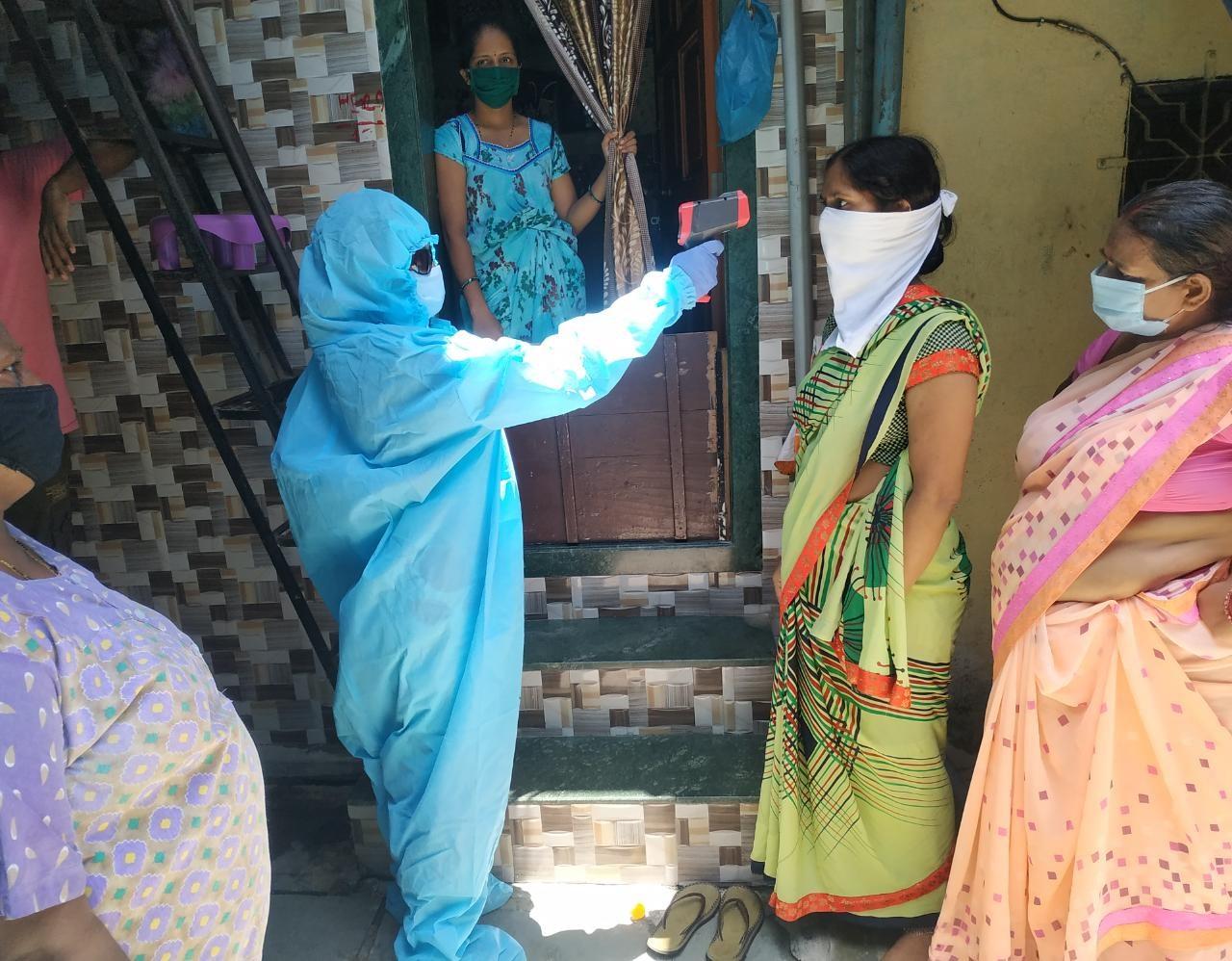Samuhik Pahal
7
Ground Zero
The challenges of disability-inclusive response to COVID-19 NGOs fill the gap as the needs of Children with Disabilities get overlooked during the lockdown Ahmedabad
A
s a self-initiated measure, organisations catering to the needs of Children with Disabilities (CwDs) went into shut down mode even before the lockdown was announced. Although this was the first step to ensure the safety and well-being of the children, the lockdown limited their access to children who depended on them for physical fitness, nutrition, and education. Recognising the challenges that CwDs could face, organisations like Samerth (Ahmedabad), Urmi Foundation (Mumbai), and National Association for the Blind (NAB, Delhi) went out of their way to manage the COVID-19 crisis offering relief to children and their parents. Ahmedabad-based Samerth has been running a centre for Children with Downs Syndrome and Multiple Disabilities for over a decade. More than 80 children are a part of Samerth's CwD centre which also provides homebased interventions such as free consultation with therapists and doctors. Gazala from Samerth says, "We closed our centre before the lockdown was announced. We were scared because the immunity of CwD is very low. We did not know how long this will last or how this is going to unfold." Most of the parents of CwDs enrolled at Samerth, work in the informal sector. Unfortunately, many parents lost their livelihood after the lockdown.
When we contacted them, they were in a bad state. In the initial days, everyone was only demanding for dry ration supplies... - Gazala, Samerth Trust "When we contacted them, they were in a bad state. In the initial days, everyone was only demanding for dry ration supplies, so we started distributing it immediately," says Gazala. In addition to parents of CwDs, Samerth also provided dry ration to parents of 300 children who are a part of their out of school education programme. A major concern for Samerth was nutrition requirements of CwDs. At their centre, all CwDs were provided with poha, milk, egg, or a fruit every day. With the lockdown in place, and families struggling for a simple meal, their nutrition requirements
A parent takes an online consultation with Samerth’s physiotherapist. Photo by Samerth Trust
needed to be addressed before things worsened. Gazala says, "We requested our donor if we could make nutrition packets that can last for up to 15 days so that the parents can cook and give it to their children. Although there were chances that the nutrition could be shared with another sibling, we felt that that is better than no nutrition at all." After the early days of lockdown, Samerth started ensuring that children do not lose their sense of daily routine. At the time of delivering dry rations, children were handed over exercise books and writing material. Since parents were at home, they were encouraged to help children. Eventually, smartphones were used to take oneon-one sessions between parents and therapists. "Despite the circumstances, we tried to work closely with them. We will try and see that none of the children drop out, but we don't know what will happen. At a broad level, it is very essential that NGOs continue to receive funding or else they might not be able to provide support as required," says Gazala. The moral dilemma of giving a task to staff members






